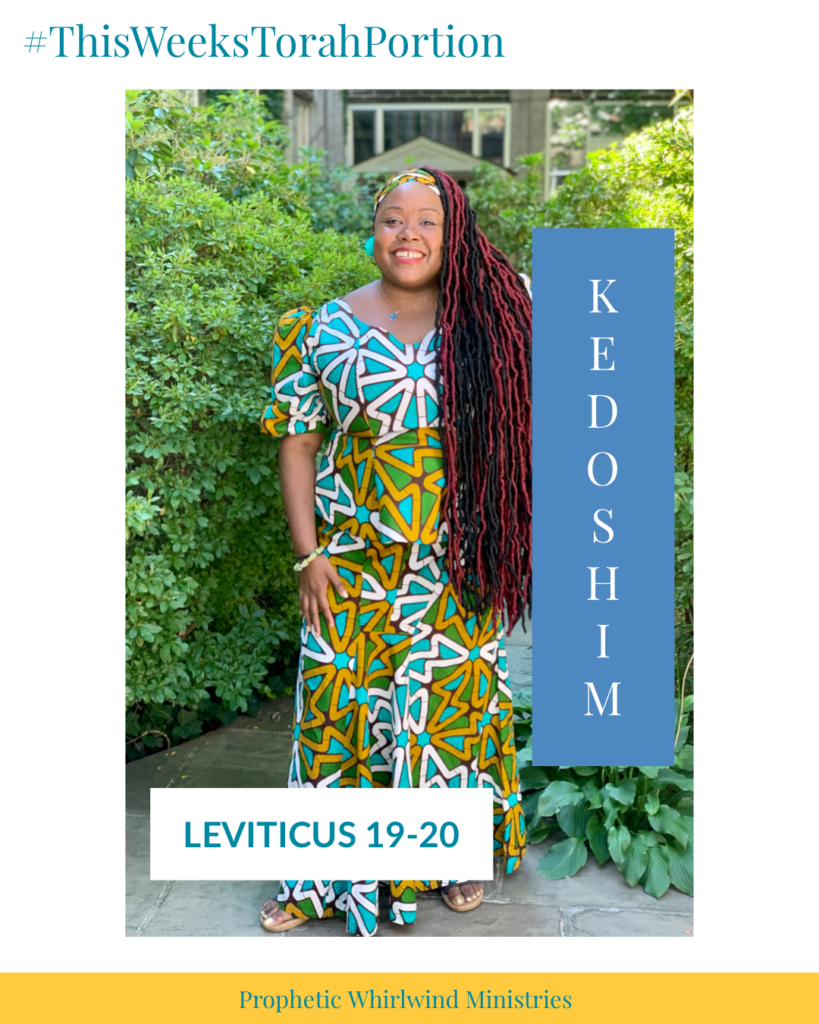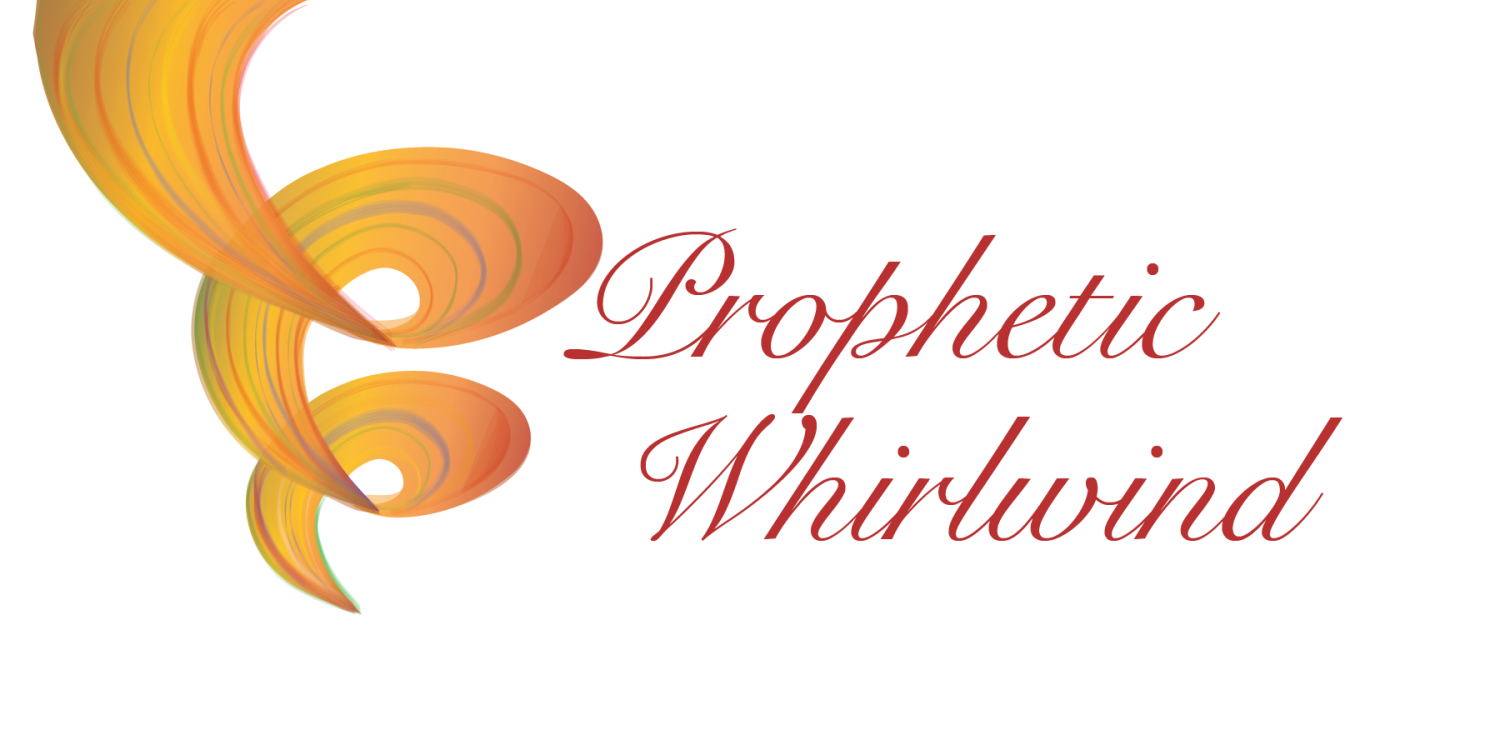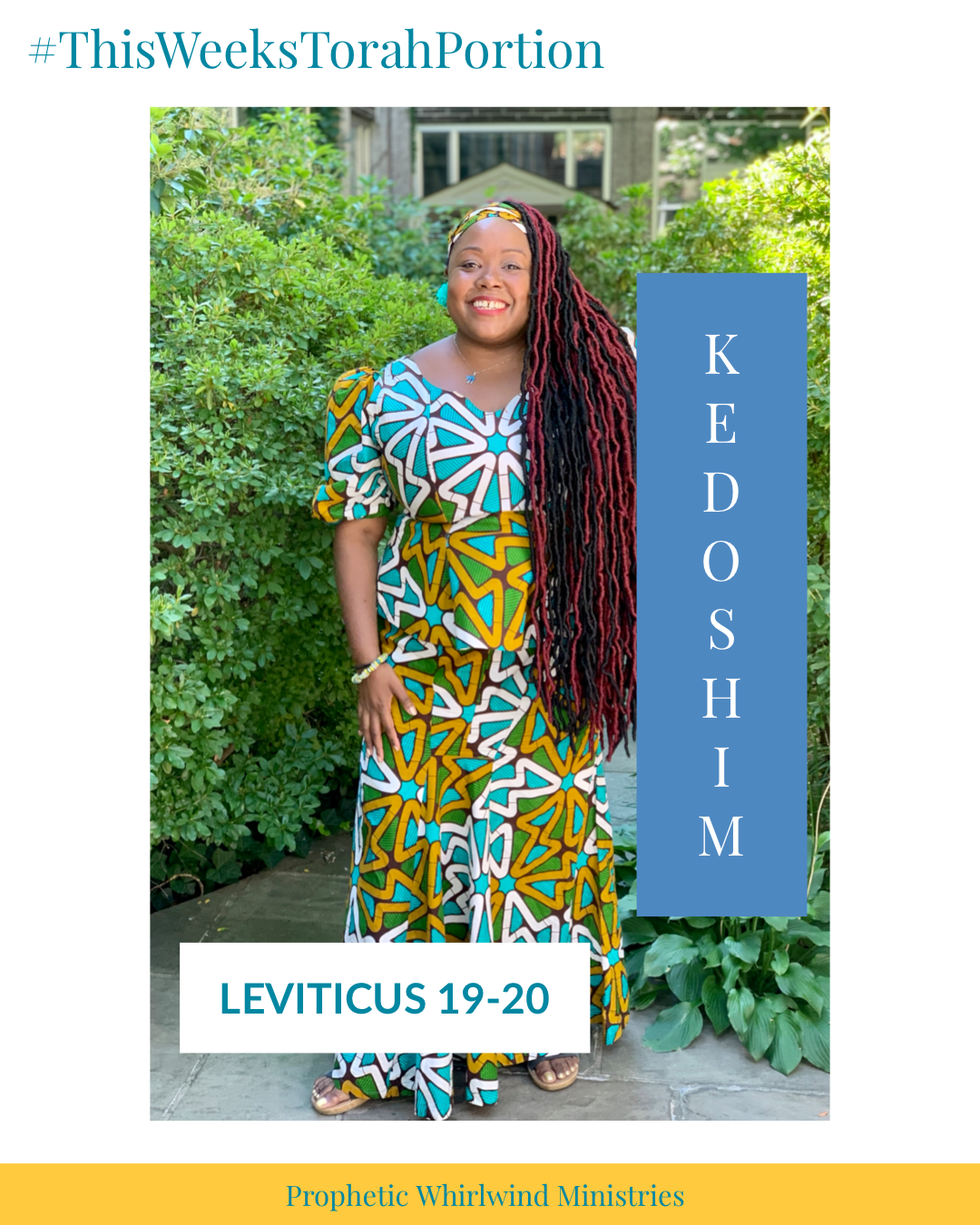Kedoshim
#ThisWeeksTorahPortion

𝐏𝐨𝐫𝐭𝐢𝐨𝐧 𝐓𝐢𝐭𝐥𝐞: Kedoshim, K’doshim, or Qedoshim (קְדֹשִׁים — Hebrew for “holy ones,” the 14th word, and the first distinctive word, in the parashah) is the 30th weekly Torah portion (פָּרָשָׁה, parashah) in the annual cycle of Torah reading and the seventh in the Book of Leviticus. It constitutes Leviticus 19:1–20:27. The parashah tells of the laws of holiness and ethical behavior, repeats the ten commandments, and describes penalties for sexual transgressions. The parashah is made up of 3,229 Hebrew letters, 868 Hebrew words, 64 verses, and 109 lines in a Torah Scroll (סֵפֶר תּוֹרָה, Sefer Torah).
📜 𝐏𝐚𝐬𝐬𝐚𝐠𝐞: Leviticus 19-20
𝐑𝐞𝐟𝐥𝐞𝐜𝐭𝐢𝐨𝐧: This week’s Torah portion is entitled Kedoshim which translates to: “The Holy Ones” and in it we read about honoring our parents, not over harvesting our fields so the poor can glean from them, welcoming the immigrant and overall how to deal justly with our neighbor. One verse in particular impacted me:
“You shall do no injustice in court.” -Leviticus 19:15
Sadly in our court system injustice is done and many need to realize this is just as much of a sin as lying, stealing and unlawful sexual relations and yet there are many who say they believe the Bible and yet do not care about injustice in the courts when it comes to Blacks. There is no way you can say you believe scripture and not care about justice being done in the courts. My people should know our justice and recompense will ultimately come from The Almighty because His word prioritizes justice. We must put action with our faith to help bring justice to our community.
This week’s Torah portion shows us that there is no way to be Holy without being just.
𝐑𝐞𝐬𝐨𝐮𝐫𝐜𝐞: https://www.researchgate.net/figure/How-Do-COURTS-TREAT-AFRICAN-AMERICANS_tbl2_228189367
𝐐𝐮𝐞𝐬𝐭𝐢𝐨𝐧: How are justice and holiness connected?
📖 𝐋𝐞𝐭’𝐬 𝐫𝐞𝐚𝐝 𝐭𝐡𝐢𝐬 𝐰𝐞𝐞𝐤’𝐬 𝐓𝐨𝐫𝐚𝐡 𝐩𝐨𝐫𝐭𝐢𝐨𝐧!

